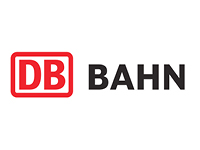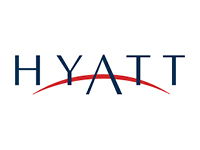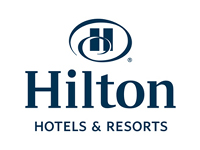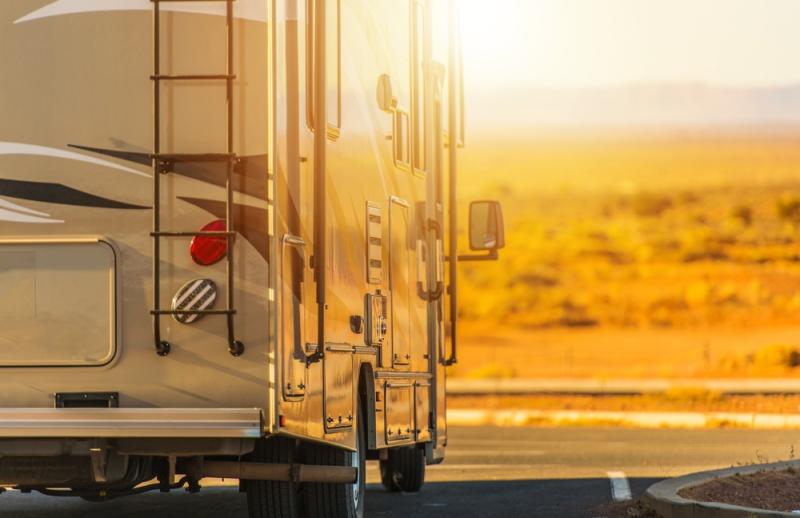
All You Need To Know About RV Insurance/Best RV Insurance
In recent times, RVs are being transformed from becoming recreational vehicles into becoming mobile homes to more than a million RV owners in the United States. By owning or renting an RV you will need an RV insurance policy to protect you when situations go south. It is not just enough to have insurance, but you should have the right insurance coverage on the RV you will be driving or living in. “What makes this important?” you may ask. Just like owning a car and insuring it, RV is an investment that has the potential to meet either your travel needs or accommodation needs or both. The last thing you would want is to lose tens or hundreds of thousands of dollars in an accident, grand theft, fire, or natural disaster. However, if you don't have insurance but have suffered any type of traffic accident, you can still file a holiday injury claim.
What Is RV Insurance?
RV insurance is an agreement between an RV insurance company and the policyholder that protects all types of RVs, including campers, motorhomes, travel trailers, fifth wheels, and many more. Insurance comes in various coverages, depending on the budget, state and federal law, RV type, and needs of the RV owner. To understand better how the RV type influences insurance requirements, we need to look at the category a driver’s RV may fall into.
There are two types of RV: motorized vehicles and towable vehicles. The former comes with an engine and chassis and can be driven on its own, whereas the latter is always attached to a car or truck for mobility. In many states, towable RVs don’t necessarily need insurance. However, it is in your best interest to confirm the state laws governing this RV ownership. On the other hand, if you own a motorized RV, then the insurance requirements would be just the same as any other vehicle type, like cars and trucks.
Classes Of RVs
Your insurance policy depends on the class of RV you intend to purchase. Factors such as size, cost, and quality are important in determining how your vehicle will be insured. Hence, let’s take a look at some of the classes of RV:
Class A
Vehicles in this category are dubbed the creme de la creme of RVs based on their sheer size, luxury, and multiple functionalities they possess. These vehicles can range from 21 to 40 feet in length and sleep up to eight occupants. However, everything has its downside, and in Class A RVs, you may have to deal with fuel consumption and navigation.
Class B
Class B vehicles are commonly known as “camper vans” and have a length ranging from 16 to 21 feet. Additionally, they sleep up to four people.
Class C
These are the “mini homes” most people find both budget-friendly and adequate for travels and accommodation. They are usually 20 to 33 feet long and sleep up to six people.
RVs share similarities with a car. For this reason, you will get a traditional auto insurance policy. However, to cover the “recreational” and “vehicular” aspects of your car, you need a traditional RV insurance. You can go here to compare both policies.
Types Of RV Insurance
Not all RV insurance policies are suitable for everybody. Your insurance coverage would depend on how often you use your RV. A full-time user will not have the same insurance with a part-time RVer.
Full-Time RV Insurance
People who use RVs for residential purposes would want to protect their mobile homes with an RV insurance policy. One of the merits of having this policy is that it provides liability insurance, including homeowner’s insurance and covers any loss owners may encounter in respect to parking or accommodation. Other areas with coverage include medical expenses and emergency coverage. Some RV owners also procure renter’s insurance for their belongings.
Part-Time RV Insurance
If your RV isn’t one of your primary residences and you don’t use it often, then a part-time or campsite insurance policy will be the ideal option. Interestingly, you get most of the benefits that come with full-time RV insurance, including medical payments and expense coverage.
Generally, RV insurance covers uninsured motorist coverage, personal property and belongings coverage, personal attachments coverage, full replacement cost coverage, collision coverage, storage coverage, medical payment coverage, comprehensive coverage, roadside assistance, pet coverage, vacation liability coverage, and emergency expense coverage.
Best RV Insurance Companies
What makes an RV insurance company stand out from the rest? A reputable RV insurance company has the interest of an RV owner in mind, first, and provides diverse insurance options to ensure that every aspect of RVing is covered at an affordable cost. Here are some of the best RV insurance companies we have covered for this year.
-
National General
National General takes home the crown when it comes to vast customization options, budget-friendliness, and customer support. Since 1960, they have had a Better Business Bureau (BBB) A+ rating. This insurance company offers a wide range of customization options that cover all types of RVs, including trailers. To sweeten the user's experience, they provide initial quotes online, so you don’t have to pick up a phone.
Insurance coverage cost is as low as $271 per year and covers comprehensive and collision coverage, vacation liability, personal effects, and RV emergency expenses. There is also a theft reward of $500 for finders of stolen RVs, free after-repair inspections, and daily emergency coverage of $250.
-
Progressive
Progressive has a robust RV insurance service that covers home, auto, and RV. Founded in 1937, this insurance company has a superior rating of A+ from AM Best and AA rating from Standard & Poors. There are online quotes available to RV owners, along with favourable discounts and customization options.
Basic insurance plans for all RVs come at a cost of $125 per annum and coverages include uninsured and underinsured motorists, comprehensive and collision, liability available to only motorists, and medical payment for occupants. Additional options may include roadside assistance, total loss replacement, vacation liability (from $10,000 to $500,000), loss assessment pet injury coverage, full-timers liability, and emergency expense coverage.
-
Nationwide
When it comes to low discounts, no one offers it better than Nationwide, formerly known as Farm Bureau Mutual Automobile Insurance Company. Founded in 1926, Nationwide has always satisfied its customers with a wide range of insurance products, which has earned it an A+ rating from the Better Business Bureau. Discount offers range from home and auto to safety training.
Motorized RVers can get up to $500,000 of insurance coverage, while towable RV owners are entitled up to $300,000. You can get the best comprehensive and collision coverage here as well and additional options like roadside assistance worth $750, total replacement or purchase price coverage, custom equipment coverage of $1,000, and $10,000 vacation liability. The options you can get from this insurance company is endless.
Share this article:













